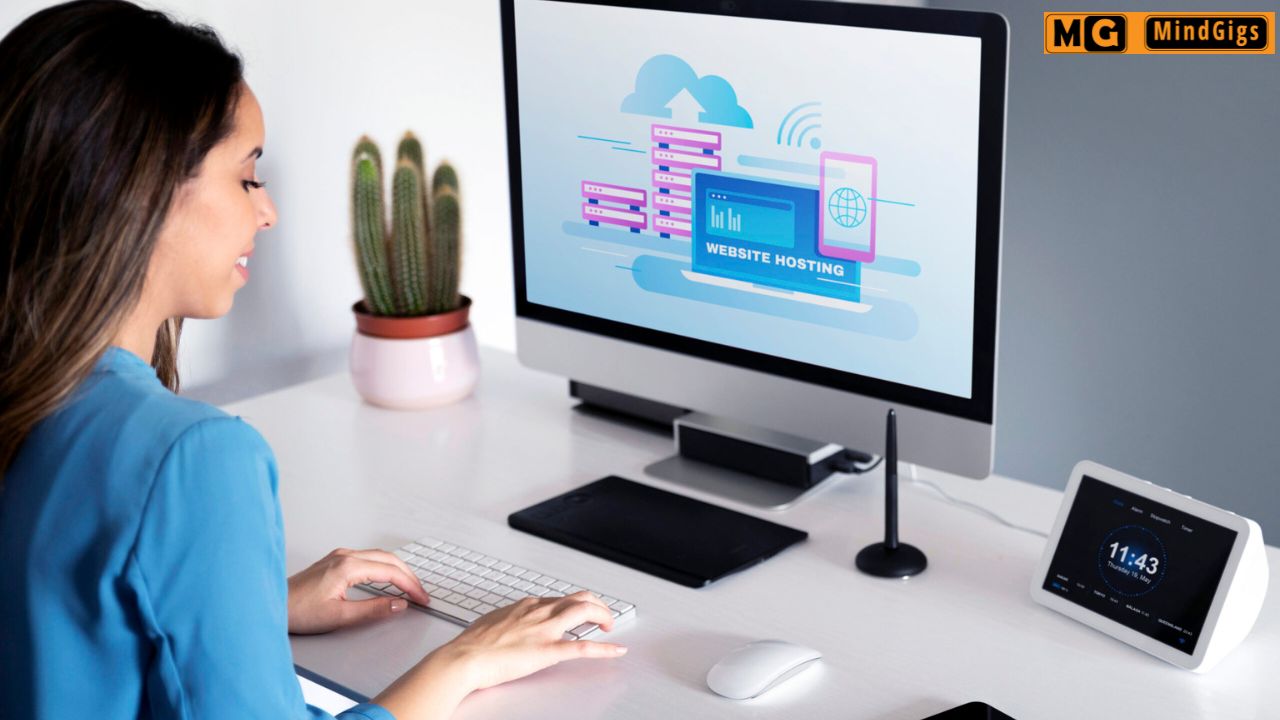Table of Contents
Are you a small business owner looking for effective ways to streamline your manufacturing processes and enhance your overall productivity? Look no further! In this article, we will dive into the world of low-cost production ERP softwares and explore how it can revolutionize your small business operations. From managing your production to optimizing costs, we’ve got you covered. Let’s embark on this ERP journey together!
What is ERP Software?
ERP, or Enterprise Resource Planning, is like the brain of your business operations. It’s a comprehensive software solution that integrates various departments and processes into a unified system. Imagine your business as a well-orchestrated symphony, with each instrument playing in harmony. ERP softwares ensures that all your business functions, from manufacturing to inventory management and beyond, work together seamlessly.
Benefits of ERP Softwares for Small Businesses
Running a small business comes with its challenges, and that’s where ERP softwares comes to the rescue. Here are some benefits that ERP softwares brings to the table:
- Efficiency Boost: ERP eliminates manual tasks and automates processes, saving you time and reducing errors.
- Streamlined Communication: With all departments on the same page, communication improves, leading to better decision-making.
- Real-time Insights: Access to real-time data helps you make informed choices, whether it’s adjusting production schedules or managing inventory.
- Cost Savings: By optimizing processes and resource allocation, you can cut unnecessary costs and increase profitability.
- Scalability: As your small business grows, ERP software can scale with you, adapting to your changing needs.
Choosing the Right ERP Solution
Selecting the Best ERP solution is crucial for your small business. Here are some steps to guide you:
- Assess Your Needs: Identify the specific challenges you’re facing. Do you need better production tracking or improved inventory management?
- Research: Explore different ERP softwares providers and their offerings. Look for solutions tailored to small businesses.
- User-Friendly Interface: A user-friendly interface ensures a smoother transition for your team.
- Scalability: Ensure the ERP system can grow with your business.
- Affordability: Opt for a solution that aligns with your budget.
Low-Cost Production ERP Softwares: A Game Changer
Low-cost production ERP softwares is a game changer for small businesses. It empowers you to optimize your production processes without breaking the bank. This software is designed to provide you with essential features without the hefty price tag.
The Power of Manufacturing ERP Software
For small businesses in the manufacturing industry, manufacturing ERP software is a lifeline. It enables you to:
- Track Production: Monitor every stage of production, from raw materials to finished products.
- Inventory Management: Keep a close eye on inventory levels, preventing overstock or shortages.
- Quality Control: Ensure that your products meet high-quality standards before reaching customers.
Navigating Production ERP Software for Small Businesses
Small businesses often face unique challenges in their production processes. That’s where production ERP software for small businesses shines. It addresses these challenges by:
- Scheduling: Efficiently managing production schedules, and preventing bottlenecks.
- Resource Allocation: Optimizing the use of resources to maximize output.
- Flexibility: Adapting to changes in demand and production requirements.
Streamlining Operations with ERP
ERP softwares brings all your operations under one digital roof, making management a breeze. It centralizes data and processes, allowing you to:
- Track Orders: Monitor orders from creation to fulfillment, ensuring timely delivery.
- Financial Management: Keep an eye on expenses, revenue, and financial trends.
- Supplier Relationships: Manage relationships with suppliers, ensuring a steady flow of materials.
Achieving Efficiency with Production Software
Production software is a boon for small businesses aiming for efficiency. It enables you to:
- Reduce Waste: Optimize resource usage, minimizing waste and maximizing output.
- Real-time Monitoring: Keep an eye on production processes in real-time.
- Quick Decision-making: Access to real-time data aids in making quick, informed decisions.
A Closer Look at Low-Cost Solutions
Low-cost ERP solutions offer a range of benefits tailored to small businesses:
- Affordability: They don’t strain your budget, making them ideal for small businesses.
- Essential Features: While they might not have all the bells and whistles, they provide core functionalities.
- Scalability: Many low-cost solutions offer the option to scale up as your business grows.
Making the Move: Implementing ERP Step by Step
Implementing ERP might seem daunting, but it’s a step-by-step process:
- Planning: Define your goals and requirements.
- Vendor Selection: Choose an ERP provider that aligns with your needs.
- Data Migration: Transfer your existing data to the new system.
- Training: Train your team to effectively use the new ERP system.
- Testing: Thoroughly test the system before full implementation.
- Go-Live: Launch your ERP system and monitor its performance.
Conclusion
Embracing low-cost production ERP software is a strategic move for small businesses looking to thrive in the competitive manufacturing landscape. From enhancing production processes to optimizing costs, ERP software offers a comprehensive solution. Remember, the key is to choose the right ERP solution that aligns with your unique business needs. So, take the leap, and empower your small business with the magic of ERP
Frequently Asked Questions (FAQs)
Q1: What is the cost range for ERP software?
A: The cost varies depending on the features and scalability. Low-cost options can start at a few hundred dollars per month.
Q2: Is ERP only for large businesses?
A: No, ERP is beneficial for businesses of all sizes. There are solutions specifically designed for small businesses.
Q3: Can ERP software integrate with e-commerce platforms?
A: Yes, many ERP systems offer integration with popular e-commerce platforms, streamlining online sales and inventory management.
Q4: How long does ERP implementation take?
A: The timeline varies based on factors like your business size and complexity. It can range from a few months to over a year.
Q5: Will ERP eliminate the need for human intervention?
A: While ERP automates many processes, human intervention is still essential for decision-making and overseeing operations.




